Conference Info
Join us at the 2025 Saskatchewan Pediatric Therapy Conference: Connecting Care: Enhancing Pediatric Practice Through Communication, Engagement, and Evidence-Based Approaches. This two-day virtual event on January 23 & 24, 2025 will gather leading experts, clinicians, researchers, and other partners to explore shifting paradigms and current perspectives in childhood disability. This enriching and collaborative learning experience aims to bridge gaps across key topics, supporting impactful changes in interprofessional practice that positively impact children and families.
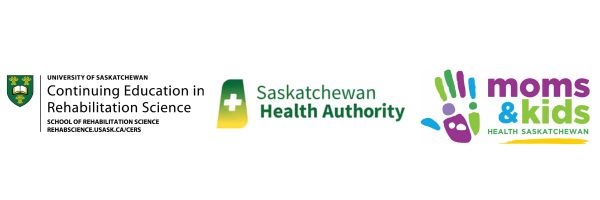
Target Audience
Target Audience:
- Pediatric rehabilitation providers (physicians, physical therapists, occupational therapists, speech language pathologists, etc.)
- Healthcare providers working with children and youth
- Researchers and students in pediatric healthcare fields
- Healthcare leaders and policy makers
- Educators and special education professionals
Connect & Converse
Tailored Breakout Sessions for Meaningful Networking
Welcome to the Connect and Converse networking session! This engaging event will blend guided discussion on pediatric themes, led by moderators, with opportunities for informal networking and free-flowing dialogue. It is designed to foster collaboration, inspire learning and cultivate meaningful connections among participants of all backgrounds and experience levels.
The session includes 7 breakout rooms, each hosting two 25-minute discussion blocks:
- First discussion block: 10:00 to 10:25 AM
- Second discussion block (repeat): 10:30 to 10:55 AM
You can select and join up to two topics—one for each block—ensuring flexibility and a chance to explore multiple areas of interest.
Whether you contribute actively by sharing resources and insights or prefer to listen and reflect, this is your opportunity to connect with peers, exchange knowledge, and build professional relationships that extend beyond the session.
Objectives
These discussions are designed to help you grow your network, gain new insights, and discover practical solutions that you can apply in your own setting. In this session, attendees will:
- Engage with colleagues and connect with others who share similar interests
- Learn from peers about how services are provided in other centres and exchange best practices
- Identify challenges and explore solutions others have implemented.
- Discuss innovations, successes, and lessons learned from across the community.
Join us for some inspiring and productive conversations where collaboration and knowledge-sharing take centre stage!
Instructions to Attendees
A working webcam and microphone is highly recommended for participation in breakout rooms. If your computer does not have audio and you are unable to connect a headset, you can use your phone for audio using the Zoom "join meeting audio by phone - call me" feature*. For information on how to use that feature please click here. If you are unable to participate using a microphone, the Chat feature will be enabled.
Breakout Session Topics:
-
Pain
-
Gait and Orthotics
-
Transition from Pediatric Services to Adulthood
-
Torticollis
-
Leading Through Change: Fostering Psychological Safety
-
Screening Tools
-
Promoting Participation, Inclusion, and Building Capacity in the Community
Ground Rules for Breakout Session:
- Respectful and inclusive participation
Engage in a way that feels right for you—whether by listening, speaking, or using the chat, or reactions. Allow others to share without interruption, and respect diverse perspectives and communication styles. - Use Virtual Hand-Raising
Raise your hand before speaking to maintain an organized flow. - Confidentiality
Do not discuss identifiable patient information. Respect the privacy of all shared content—what’s discussed in the room stays in the room. - Mute When Not Speaking
Mute your mic when you're not speaking to reduce background noise. - Stay on Topic
Keep the conversation related to the session theme. - Stay Positive and supportive
Focus on learning and solutions, rather than criticism. Offer constructive feedback and support others' ideas. - Encourage Creativity
Feel free to share new ideas, solutions, and brainstorm together.
Speakers
Bio coming soon
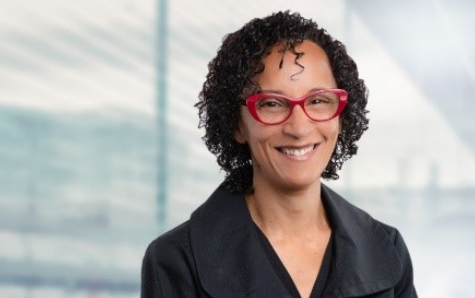
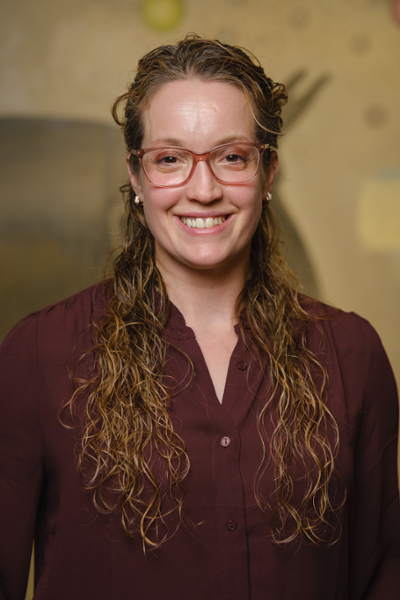
Dr. Lindsay Hubenig is a Pediatric Physiatrist with extensive experience in the rehabilitation and management of children with physical disabilities and developmental disorders. Dr. Hubenig completed her medical degree at the University of Saskatchewan, followed by residency training in Physical Medicine and Rehabilitation and a fellowship in Pediatric Rehabilitation Medicine at the University of Alberta. Dr. Hubenig specializes in diagnosing and treating a wide range of pediatric conditions including cerebral palsy, neuromuscular conditions, nerve injuries and musculoskeletal injuries. As a leader in the field, Dr. Hubenig is dedicated to using a holistic, family-centered approach to help children achieve their highest potential, collaborating closely with families, therapists, and healthcare teams. She is committed to training the next generation of Pediatric Rehabilitation Medicine Specialists as the program director of the University of Alberta fellowship program.
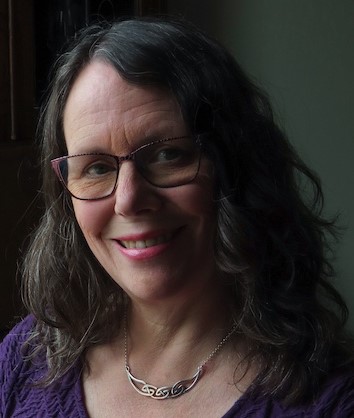
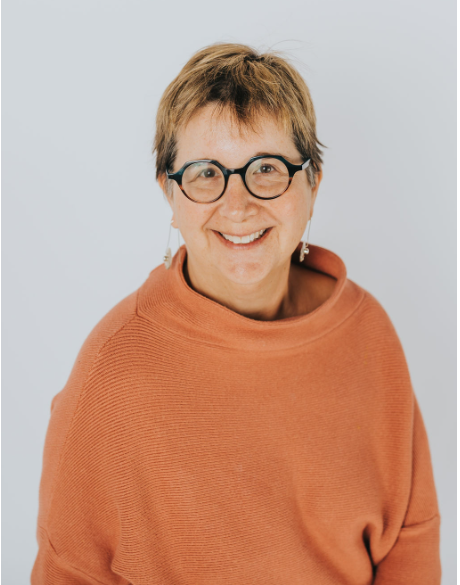
Ginny Paleg is a pediatric physiotherapist from Silver Spring, Maryland, USA. For the past 20 years, she has worked with children aged 0-3 years in homes and childcare, with a focus on the F-words. Ginny earned her master’s degree in physical therapy at Emory University and her DScPT at the University of Maryland Baltimore. Ginny specializes in posture and mobility assessment and interventions for children at GMFCS Levels IV and V. She is certified in Prechtl General Movement Assessment (GMA) and the Hammersmith Infant Neurological Exam (HINE) and trained in Routines Based Interventions (McMaster) and coaching (Sheldon and Rush).
She has published over 20 peer-reviewed journal articles on standers, supported stepping devices, and power mobility.
She is the lead author for the American Academy of Cerebral Palsy Hypotonia Care Pathway and past Chair of the AACPDM Communications Committee and a member of the Nominating Committee. She served on the Scientific Committees for the AACPDM and EACD in 2022, and is a current member of the AACPDM Care Pathway Council.
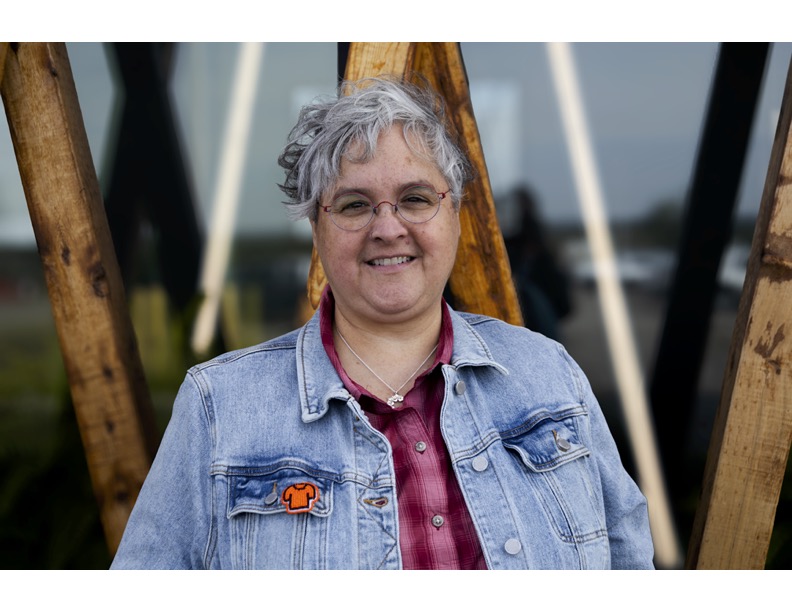
Sarah Oosman is a physical therapist and an associate professor at the School of Rehabilitation Science (USask), a researcher with the Saskatchewan Population Health & Evaluation Research Unit (SPHERU), and a co-principal investigator with the nātawihowin & mamawiikikayaahk (SK-NEIHR). She is a first-generation Canadian of mixed ethnicity, a settler ally & co-liberator, and an intervention Indigenous-health researcher. She prioritizes Indigenous community-driven action research that leads to the development and implementation of culture-based, relevant, and meaningful health promoting interventions across the lifespan. Sarah works in close partnership with Métis and First Nation peoples and communities in Saskatchewan, and is passionate about addressing health inequities through respectful relationships, partnerships, and safe, courageous conversations in classroom, clinical, community, and research settings.
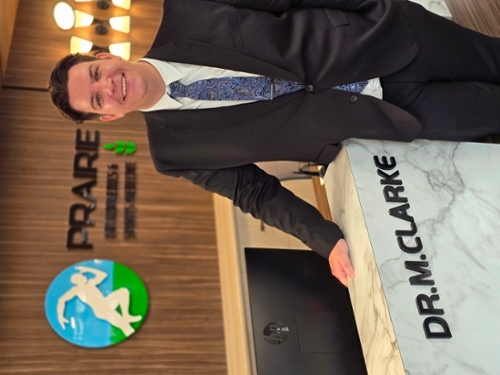
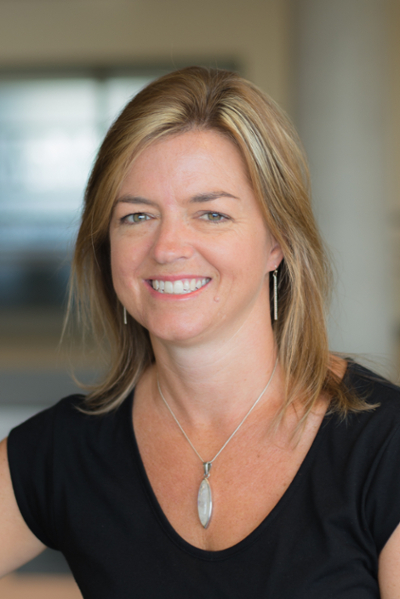
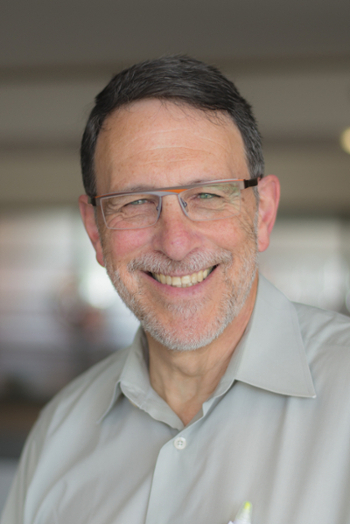
Dr. Peter Rosenbaum is a developmental pediatrician with over 50 years' experience of the clinical, academic and political dimensions of childhood disabilities. His perspectives have been impacted hugely by hisinvolvement with the Canchild Centre for Childhood-onset Disability (www.canchild.ca) and their work with parents and colleagues around the world.
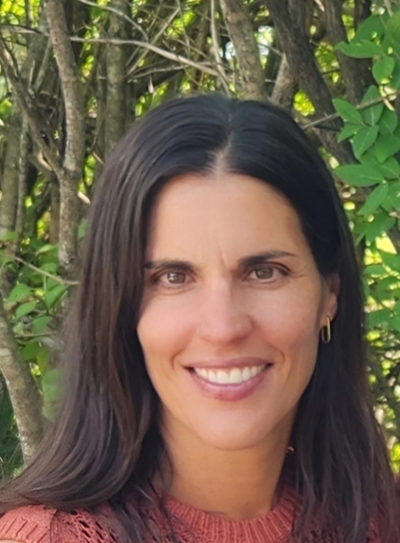
Patti Thomas is an experienced physiotherapist with over 22 years of expertise. She graduated from the University of Alberta and began her career specializing in adult neurorehabilitation before transitioning to pediatrics 14 years ago.
Her experience spans across settings, including community schools, hospitals and in-home care for pediatric neurology clients. Currently, Patti is working in pediatric home care in Calgary which services children from birth to age 18.
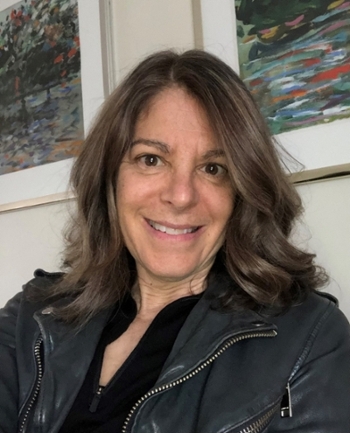
Debra Teitelbaum has more than 35 years of experience as a pediatric physiotherapist, the last 27 years at the Alberta Children’s Hospital in Calgary, working with families of young children with neurodevelopmental issues. It has been a great privilege for her to journey alongside so many families, find solutions together to support their goals and build caregiver confidence and competence along the way. She co-developed an educational gross motor program for parents called Watch Me Move (Natrasony and Teitelbaum, 2016). More recently, she developed the Applied Coaching Tool and implemented training for therapists to move from an expert model to a coaching, learner focused, and relationship directed model. She continues to research the efficacy and clinical application of coaching practices in pediatrics. She obtained her BScPT and MSc in Rehabilitation from McGill University.
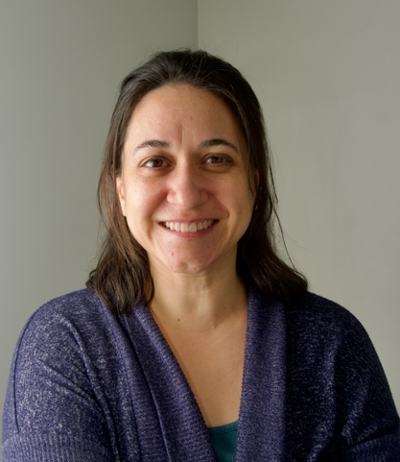
Agenda
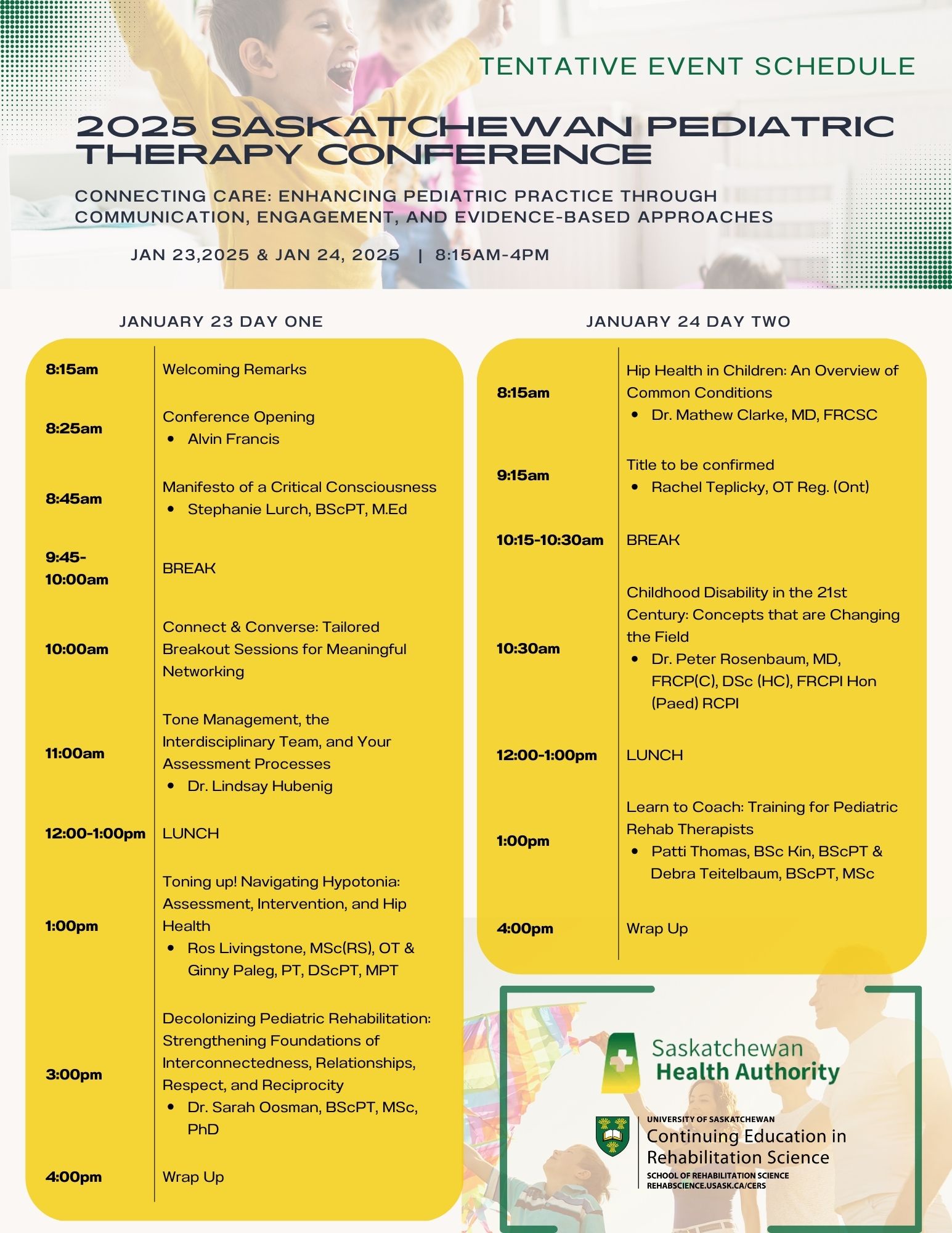
Families, Caregivers & People with Disabilities Special Invitation
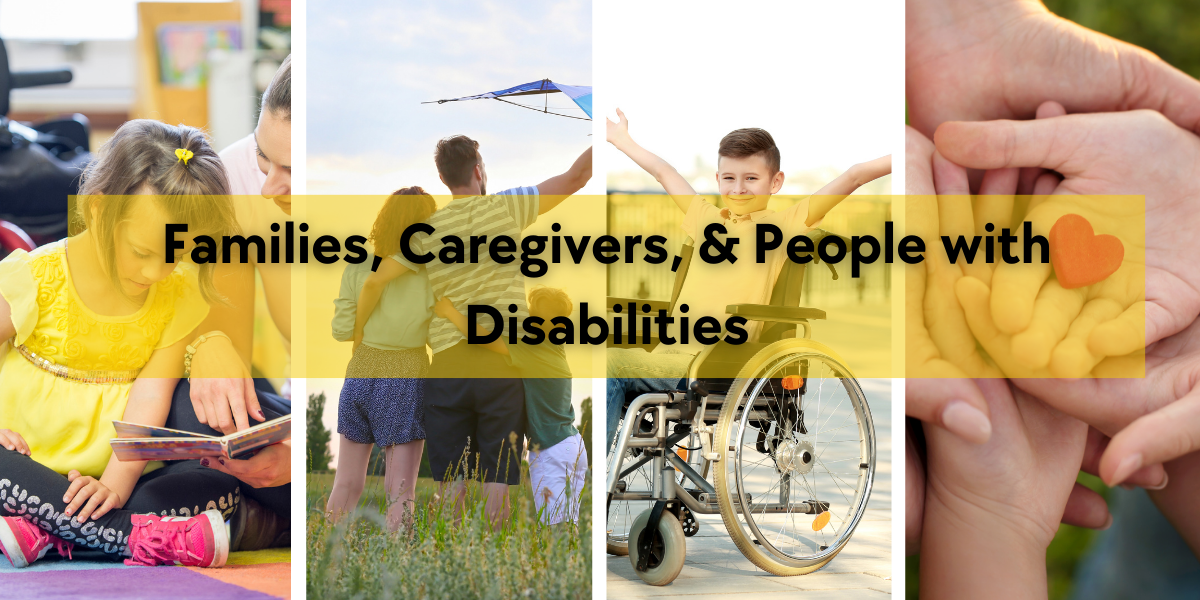
A Special Invitation
The SHA and CERS would like to invite families and caregivers of children with developmental disabilities to attend select exciting sessions that will be part of the 2025 Saskatchewan Pediatric Therapy Conference.
Presenters from CanChild Centre for Childhood Disability will be joining us on January 24, 2025 for two special virtual presentations that can be attended by the above audience free of charge.
| 9:15-10:15 AM | F-Words in Childhood Disability | Rachel Teplicky and a Parent Partner |
| 10:30 AM-12:00 PM | Childhood Disability in the 21st Century: Concepts That are Changing the Field | Dr. Peter Rosenbaum |
There will be opportunities for questions and discussion about these concepts. (Please note the speakers will be unable to address specific questions about individual children or situations.)
A special promo code has been distributed. Check your email and use yours today for a complimentary registration. If you have not received a code, contact your child's SHA provider, or kyra.kane@saskhealthauthority.ca.
Fees & Registration
Early Bird pricing until December 13, 2024:
Full Two Day Conference: $200.00 + GST
One Day Only: $125.00 + GST
Regular pricing after December 13, 2024:
Full Two Day Conference: $250.00 + GST
One Day Only: $150.00 + GST
**Special pricing is available for SHA employees. Please check your email for the promo code. If you have not received it, contact your manager or email kyra.kane@saskhealthauthority.ca

